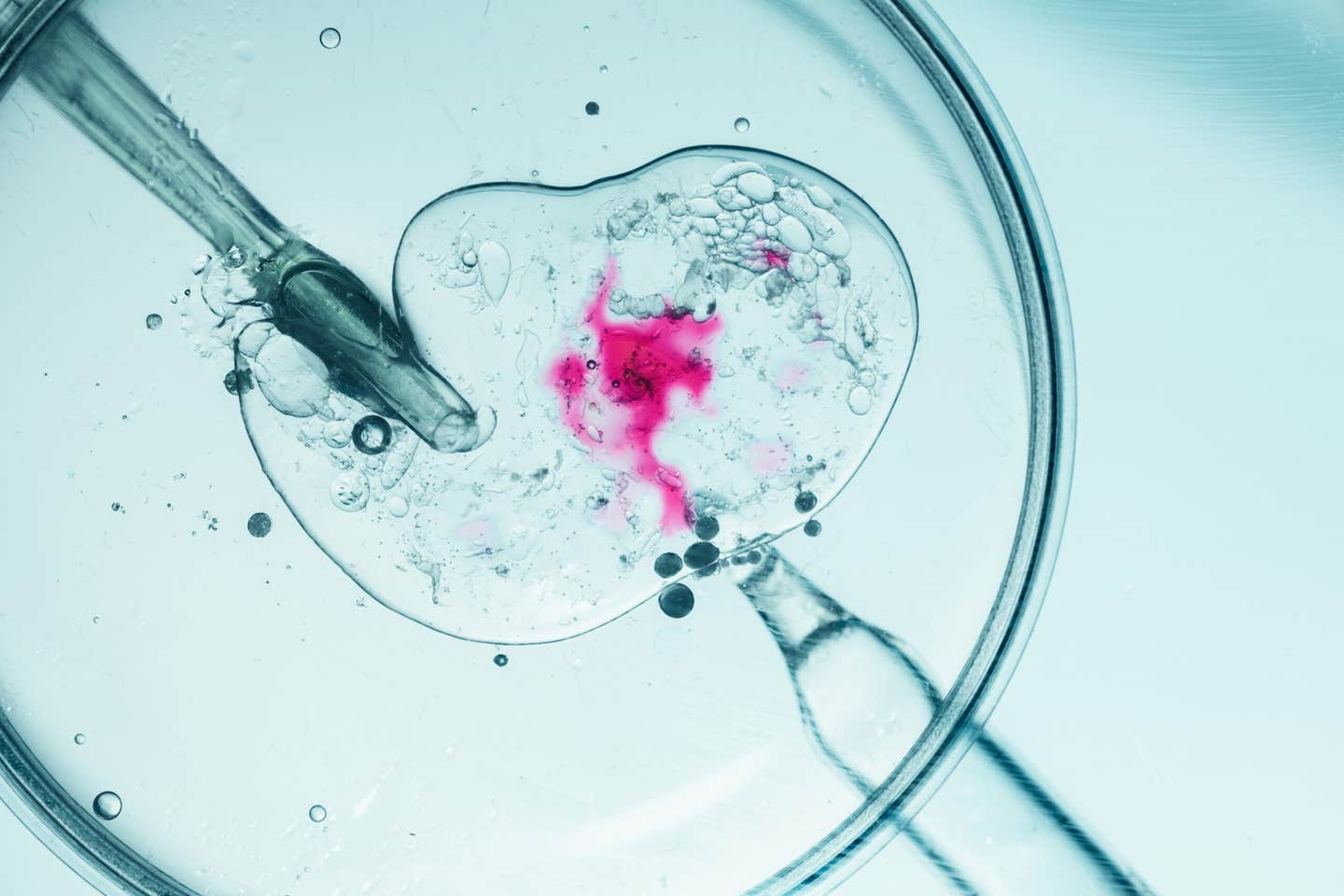Lifechanging new drug prevents weight gain from sugary and fatty diets
The drug restricts the amount of magnesium transfer into the power plants of cells, resulting in more efficient metabolism of sugar and fat

[June 22, 2023: Staff Writer, The Brighter Side of News]
Researchers have developed a small-molecule drug that prevents weight gain and adverse liver changes. (CREDIT: Getty Images)
Researchers from The University of Texas Health Science Center at San Antonio (UT Health San Antonio) have developed a small-molecule drug that prevents weight gain and adverse liver changes in mice fed a high-sugar, high-fat Western diet throughout life.
The drug, called CPACC, restricts the amount of magnesium transfer into the power plants of cells, resulting in more efficient metabolism of sugar and fat and leading to skinny, healthy mice.
The researchers discovered the drug by first exploring how magnesium impacts metabolism, which is the production and consumption of energy in cells.
Magnesium is the fourth most abundant element in the body after calcium, potassium, and sodium, and plays many key roles in good health, including regulating blood sugar and blood pressure and building bones. However, the researchers found that too much magnesium slows energy production in mitochondria, which are cells’ power plants.
“Lowering the mitochondrial magnesium mitigated the adverse effects of prolonged dietary stress,” said co-lead author Manigandan Venkatesan, PhD, postdoctoral fellow in the Muniswamy lab.
Related Stories
Deleting MRS2, a gene that promotes magnesium transport into the mitochondria, resulted in more efficient metabolism of sugar and fat in the power plants, leading to skinny, healthy mice with no evidence of fatty liver disease, a complication related to poor diet, obesity, and type 2 diabetes.
“These findings are the result of several years of work,” said Madesh Muniswamy, PhD, professor of medicine in the health science center’s Joe R. and Teresa Lozano Long School of Medicine and director of the Center for Mitochondrial Medicine at UT Health San Antonio, who is the senior author of the study. “A drug that can reduce the risk of cardiometabolic diseases such as heart attack and stroke, and also reduce the incidence of liver cancer, which can follow fatty liver disease, will make a huge impact. We will continue its development.”
Joseph A. Baur, PhD, of the University of Pennsylvania and Justin J. Wilson, PhD, of Cornell are among the collaborators. “We came up with the small molecule and Justin synthesized it,” said co-lead author Travis R. Madaris, doctoral student in the Muniswamy laboratory at UT Health San Antonio.
Graphical Abstract: The most abundant cellular divalent cations, Mg2+ (mM) and Ca2+ (nM-μM), antagonistically regulate divergent metabolic pathways with several orders of magnitude affinity preference. (CREDIT: Cell Reports)
The study’s findings were published in the high-impact journal Cell Reports. UT Health San Antonio has filed a patent application on the drug.
The mice served as a model system of long-term dietary stress precipitated by the calorie-rich, sugary, and fatty Western diet. The familiar results of this stress are obesity, type 2 diabetes, and cardiovascular complications. The drug, CPACC, accomplishes the same thing as deleting the MRS2 gene, resulting in skinny, healthy mice.
“These findings have significant implications for the treatment of obesity and related metabolic diseases,” said Muniswamy. “The drug may offer a new therapeutic approach for these conditions and may be particularly useful for those who are unable to adhere to traditional lifestyle interventions.”
Mitochondria in a single heart cell. Mitochondria highlighted in red were exposed to ultraviolet light. (CREDIT: National Heart, Lung and Blood Institute, National Institutes of Health)
The next steps for the researchers are to further develop the drug and test its safety and effectiveness in humans. The potential for a drug that prevents weight gain and adverse liver changes could have a significant impact on public health, as the Western diet is a major contributor to the obesity epidemic and related metabolic diseases. With the ongoing increase in the prevalence of these diseases, the development of new therapeutic approaches is crucial to combat this growing public health crisis.
Funders of this project include the National Institutes of Health, the U.S. Department of Defense and the San Antonio Partnership for Precision Therapeutics.
For more science and technology stories check out our New Discoveries section at The Brighter Side of News.
Note: Materials provided above by The Brighter Side of News. Content may be edited for style and length.
Like these kind of feel good stories? Get the Brighter Side of News' newsletter.



